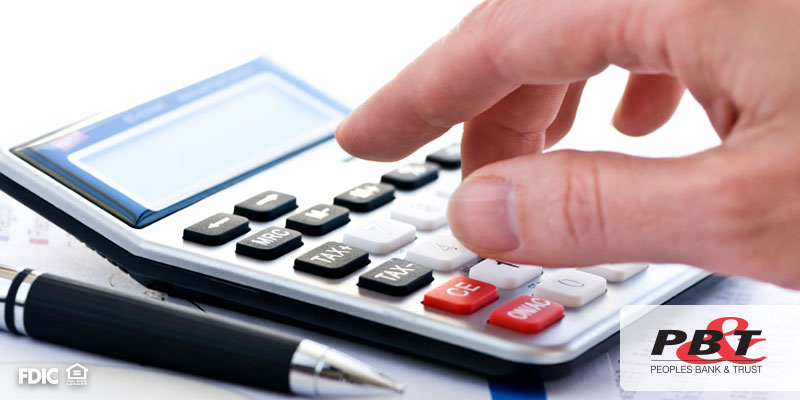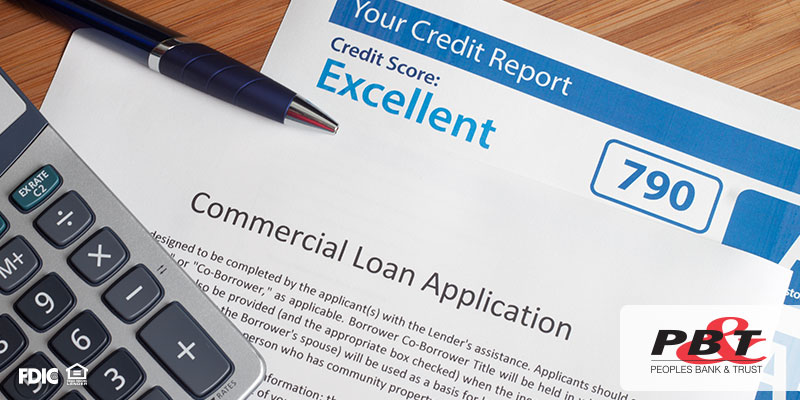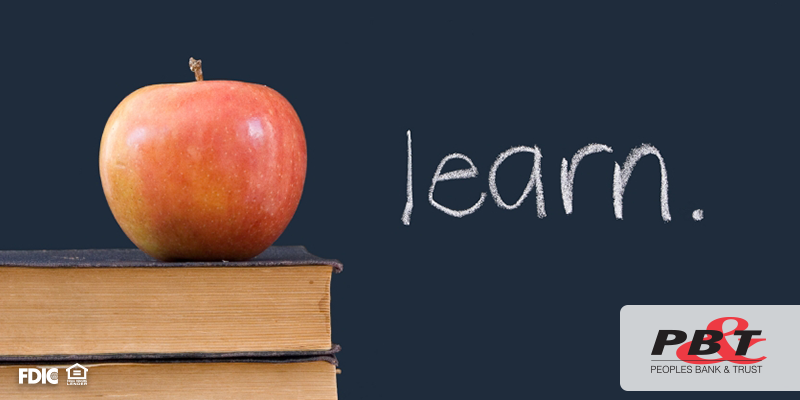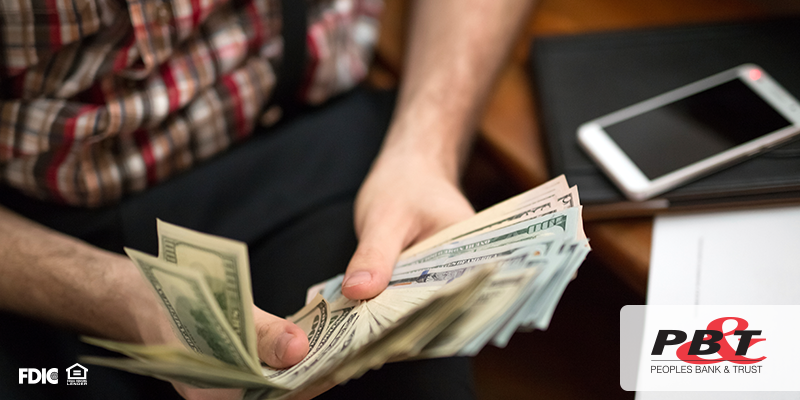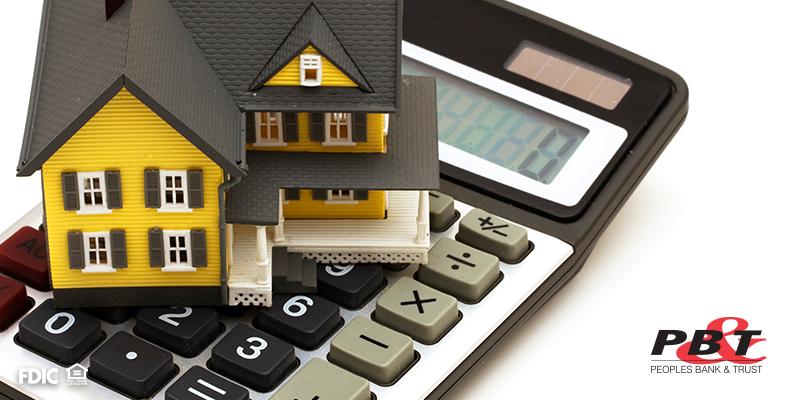
After the bills are paid, the groceries purchased, and the kids taken care of, it’s time to decide what to do with your monthly surplus. One of the most financially responsible choices you can make is to save those additional dollars! By tucking away even a small amount of money each month you can prepare your finances to withstand any unforeseen expenses. Check out these important savings options available at Peoples Bank & Trust, and get started towards your next financial goal.
IRA: These Individual Retirement Accounts are typically divided into two categories, the Roth IRA and the Traditional IRA. It’s best to speak with your financial advisor or tax representative to determine which option best suits your personal finances. These accounts allow you to contribute funds pre or post taxes and after years of accumulation and compounding enable you to withdraw them upon your retirement.
CD: When you have funds that you intentionally don’t want to touch for a set period of time, a CD or Certificate of Deposit, can be a great resource! By depositing your money within a CD you are guaranteed interest on your account, often higher than the standard savings account. You must leave these funds untouched for the agreed period, typically a minimum of six months, ranging upwards to nearly five years.
Savings Account: Your typical savings account can help you manage personal funds without the hassle of navigating around any red tape. With constant access to withdraw and deposit post-tax funds you can set up multiple savings accounts for various needs. These accounts can help you save for emergencies, vacation, retirement, or other important purchases while gaining a small amount of interest.
For all of your savings needs, Peoples Bank & Trust is here to help! Our new account representatives will help you find the ideal savings option for you and your family. Get started and stop by today!
Peoples Bank & Trust Co.
Equal Housing Lender
Member FDIC


